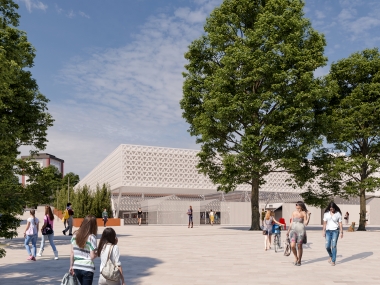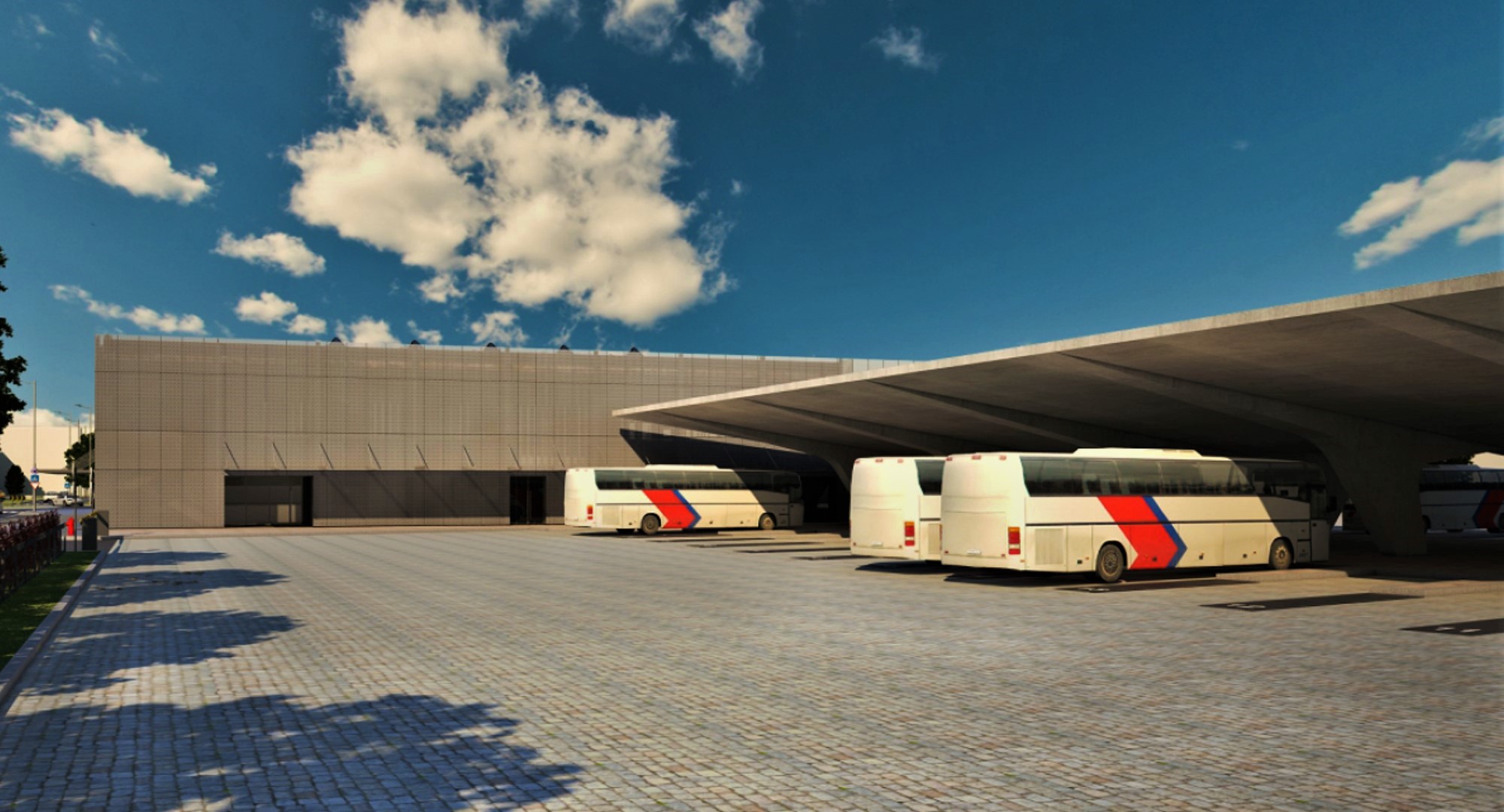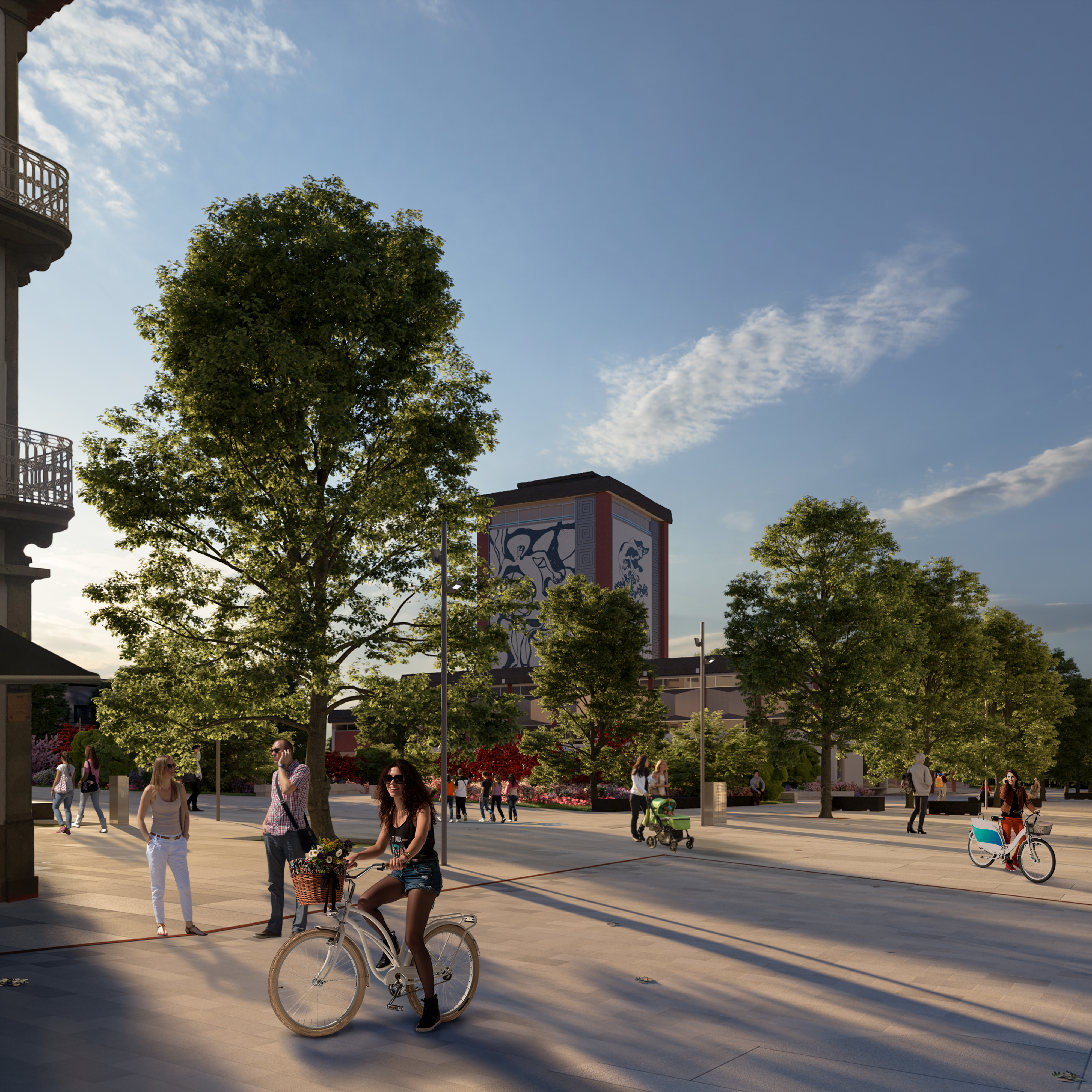How does public procurement affect people’s life? Mobility in Vila Nova De Famalicao
Edited on
06 February 2020Public procurement is an important instrument in informing the definition of public policies. However, the influence that public procurement can have on these policies is sometimes hindered by a lack of awareness and perception of the real impact public procurement has at the local and regional level.

The research of this impact is the purpose of “Making Spend Matter” project. This network, which is integrated in the URBACT European Programme, seeks to disseminate the methodology of the public procurement impact study undertaken by Preston City in the United Kingdom. The Good Practice that the Municipality of Famalicão is joining has made it possible to understand where the Municipality buys goods, works and services; which typology of enterprises (SME or not SME, local, regional or national) the Municipality buys it from and in what kind of sectors.
This problematic dimension attached to the evaluation of this impact is challenging in itself, but there is another dimension which is equally important to analyse: in which capacity can public procurement contribute to changing behaviours?
In Famalicão’s City Hall, taking advantage of the expertise shared through Making Spend Matter, a new approach is being built looking at how public procurement can affect people’s life.
procurement can affect people’s life.
Public procurement is changing the town as part of Famalicão’s ambitious programme for 2019 and 2020!
Mobility is the public procurement focus for this period. The transition from the car intensive use to smooth modes (bicycle and pedestrian circulation) is the motto of the big transformation. With this investment, we want to contribute and involve the community in the behaviour change, which is necessary to answer the challenges of the climate change.
The Municipality wants to change the town’s face by embracing the Sustainable Development Objectives, in particular through the objective 11 and 13, which regard the promotion of the responsible use and, or suppression of fossil fuels. For this purpose, a mobility plan was drawn with the dual objectives of embedding this approach both internally and externally to the city. The mobility plan introduces new bike tracks which make it possible not only to arrive to the town by bicycle, but also to guide the bicycles inside the city on an appropriate cycle road.
In addition to this investment, the bus station investment is in progress to give more comfort to the people who travel by bus to the town. It is hoped, that the addition of a more modern and functional arrival place will increase the use of public transport. In order to complement this investment, periphery-parking areas were built to keep the cars at the city’s entrance, allowing the use of smooth modes in the urban centre.
At last, by implementing environ mental criteria in public procurement, a downtown intervention is being undertaken, where 5 times the amount of existing pedestrian paths will be added to the area. The idea is not so much for the car to be expelled from the city, but more so that after this intervention, the car will feel more of a strange element in Famalicão’s downtown and that smooth transport modes will be favoured.
mental criteria in public procurement, a downtown intervention is being undertaken, where 5 times the amount of existing pedestrian paths will be added to the area. The idea is not so much for the car to be expelled from the city, but more so that after this intervention, the car will feel more of a strange element in Famalicão’s downtown and that smooth transport modes will be favoured.
Public procurement played an essential role in this initiate as it helped to define what the Municipality buy, how we buy it, which environmental criteria we use and how we involve the citizens in this common purpose.
Famalicão’s aim is to increase the social and environmental welfare of its place and communities. Public procurement is instrumental in delivering this public service objective. If the Municipality succeeds, it is hoped it will be possible for people and companies to follow this example. Only with examples, will we touch people. The role of public procurement is to be that example and hope other sectors and stakeholders will follow. In Famalicão, we think that’s worth it!
 Submitted by Alison Taylor on
Submitted by Alison Taylor on
